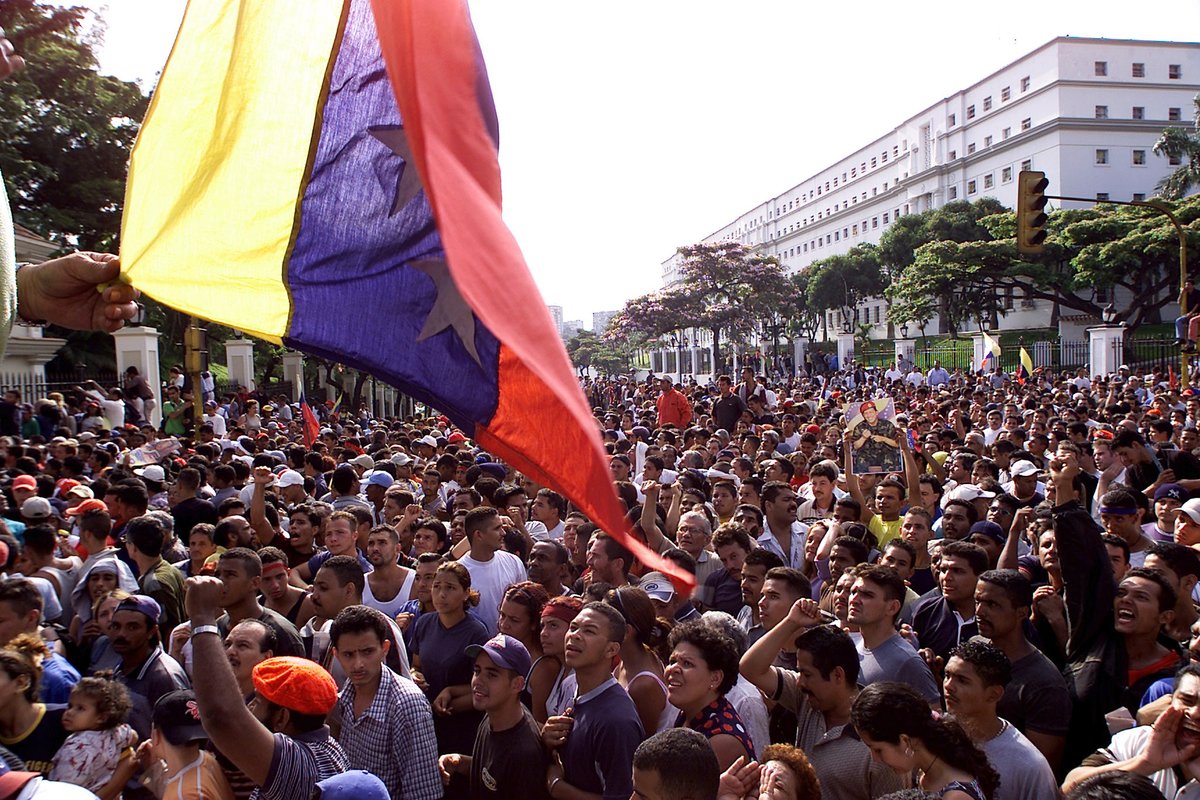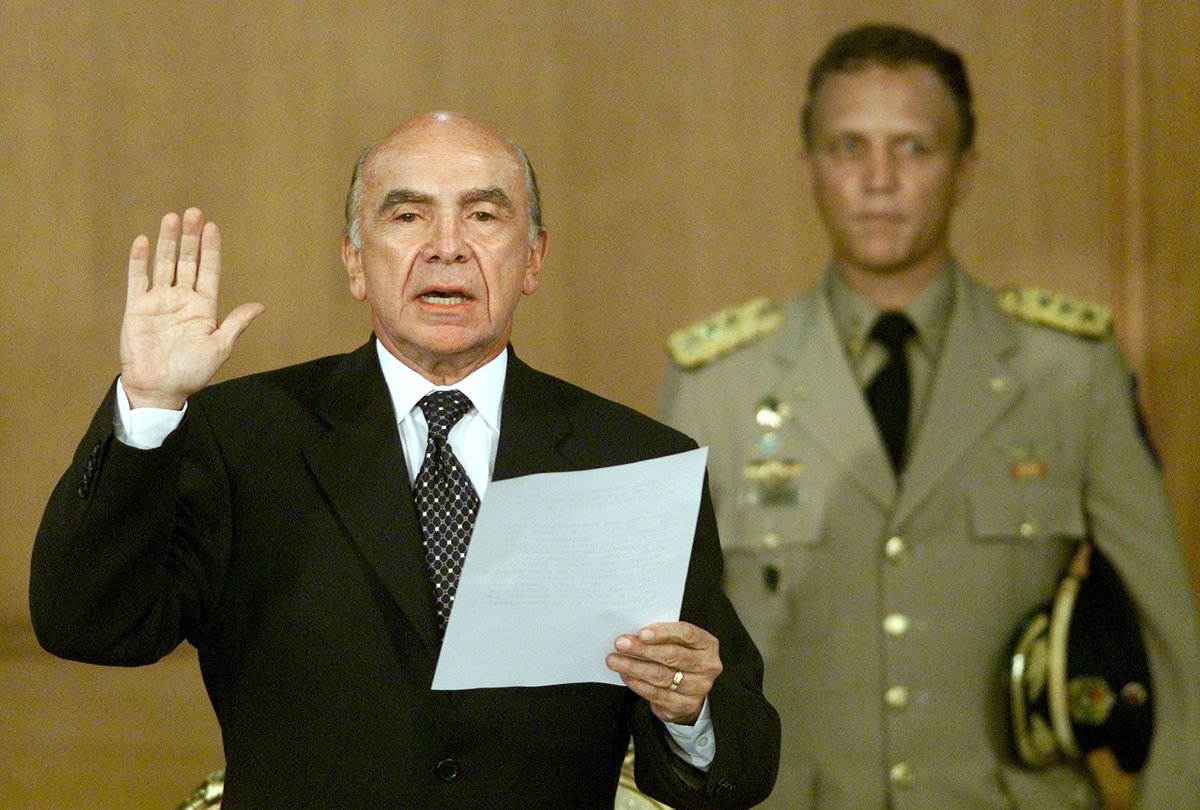
Today is the 40th anniversary of the Brixton Uprising, when people in one of the largest Black communities in London rose against racist police brutality and poverty during the conservative and brutally repressive Thatcher years. 

During the riots police stations and cars were set on fire as thousands upon thousands of people took to the streets to fight against systemic racism and oppression, in what was called by some "a festival of the oppressed". 

People in Brixton, rebelled against the Metropolitan police, who had been waging a war against Black people for decades. The Brixton Uprising gave people hope on turning things around, as they were sick of beatings and racist stops and search under "SUS" laws.
Even though racism triggered the Brixton Uprising, it was ultimately a class riot. Poor, dispossessed and oppressed people, predominantly working-class people, against the ruling class establishment, against their oppressors and the system that ensured their domination. 

These April riots also sparked new ones in July 1981, which both became symbols of resistance against the Thatcher government.
(Photos via Getty, colorized by redfish)
(Photos via Getty, colorized by redfish)

• • •
Missing some Tweet in this thread? You can try to
force a refresh













